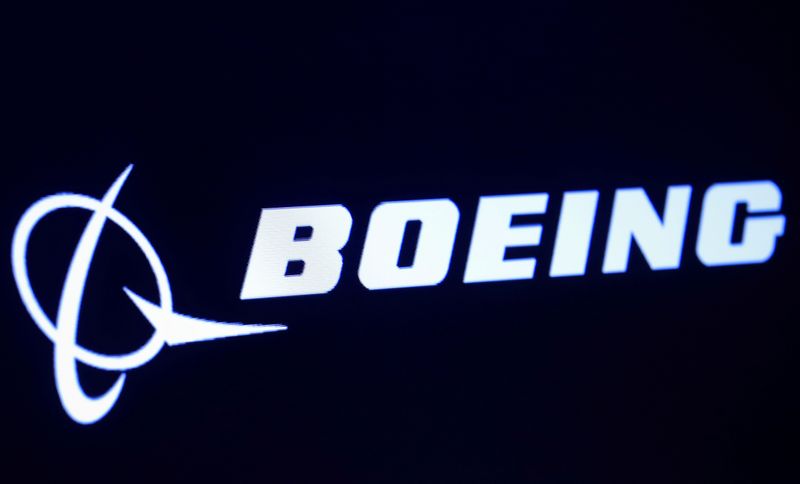This post was originally published on this site
https://i-invdn-com.akamaized.net/trkd-images/LYNXMPEG2C0OZ_L.jpg
By Joshua Franklin and David Henry
NEW YORK (Reuters) – Banks have hundreds of billions of dollars in credit lines extended to corporate America. Some companies are no longer banking on them.
Airplane maker Boeing Co (N:), hotel operator Hilton Worldwide Holdings Inc (N:) and theme park company SeaWorld Entertainment Inc (N:) are among the companies that drew on or upsized their credit lines this week, as the market rout triggered by the coronavirus pandemic fueled fears about a potential liquidity crunch.
Hilton said in a regulatory filing on Wednesday that it had drawn on $195 million left untapped in its $1.75 billion revolving credit facility “to increase its cash position and preserve financial flexibility in light of current uncertainty in the global markets resulting from the COVID-19 (coronavirus) outbreak.”
The other two companies did not name the coronavirus as a reason for lining up more credit, and did not respond when asked by Reuters whether the outbreak influenced their considerations.
However, investment bankers and corporate finance professionals said many companies are driven by fears that the banks may not fund agreed credit lines should the market turmoil intensify, either because they will not be able to meet demand or because they may seek a reason in the credit agreements and covenants not to.
“That is the concern. The uncertainty is forcing companies to draw down the revolvers now,” said Ryan Maupin, principal at accounting firm Grant Thornton.
Bank of America Corp (N:), Citigroup (N:), JPMorgan Chase (N:) and Wells Fargo (N:) are some of the biggest providers of credit lines to companies. They declined to comment.
No industrywide data on the utilization of credit lines is available. So far, drawdowns have largely come from companies in the sectors hit hardest by the coronavirus outbreak, such as hospitality, energy and travel, analysts and bankers said.
The U.S. banking sector is capitalized at its strongest levels since the 2008 financial crisis, according to credit rating service S&P Global. Banks are required by regulators to keep enough high-quality liquid assets to cover projected cash outflows for 30 days in a short-term stress scenario. They also have other access to cash, such as from the Federal Reserve and the Federal Home Loan Bank system.
Yet this has not been enough to reassure many of their borrowers and industry analysts.
“A flood of corporate drawdowns could force the entire banking system into becoming a deficit agent,” Credit Suisse (SIX:) research analyst Zoltan Pozsar wrote in a note earlier this month.
Fusion Media or anyone involved with Fusion Media will not accept any liability for loss or damage as a result of reliance on the information including data, quotes, charts and buy/sell signals contained within this website. Please be fully informed regarding the risks and costs associated with trading the financial markets, it is one of the riskiest investment forms possible.


